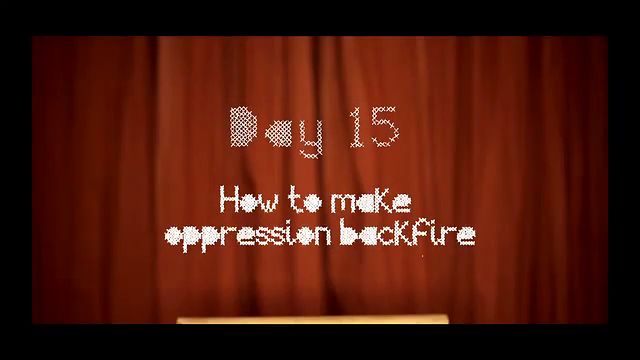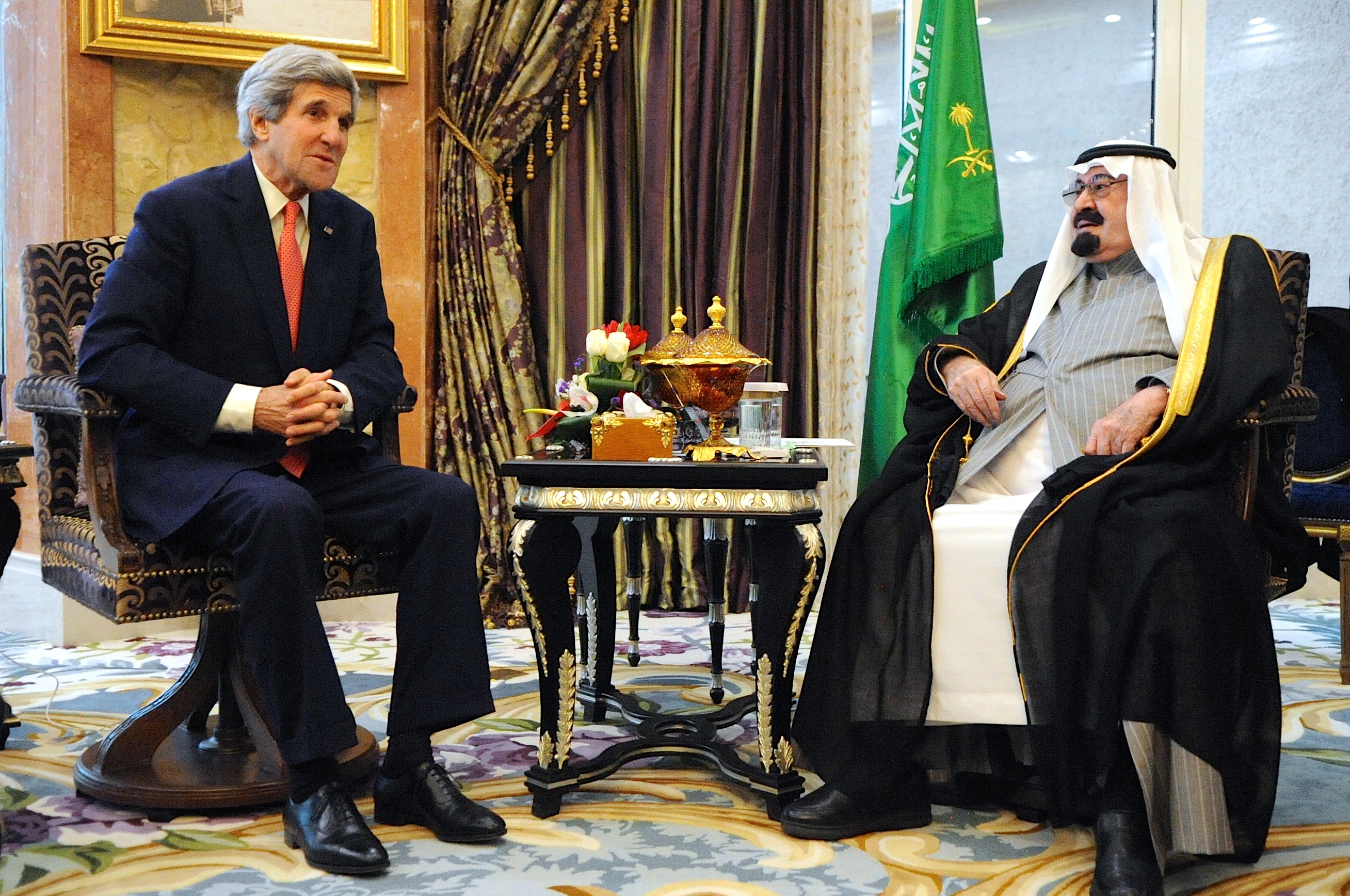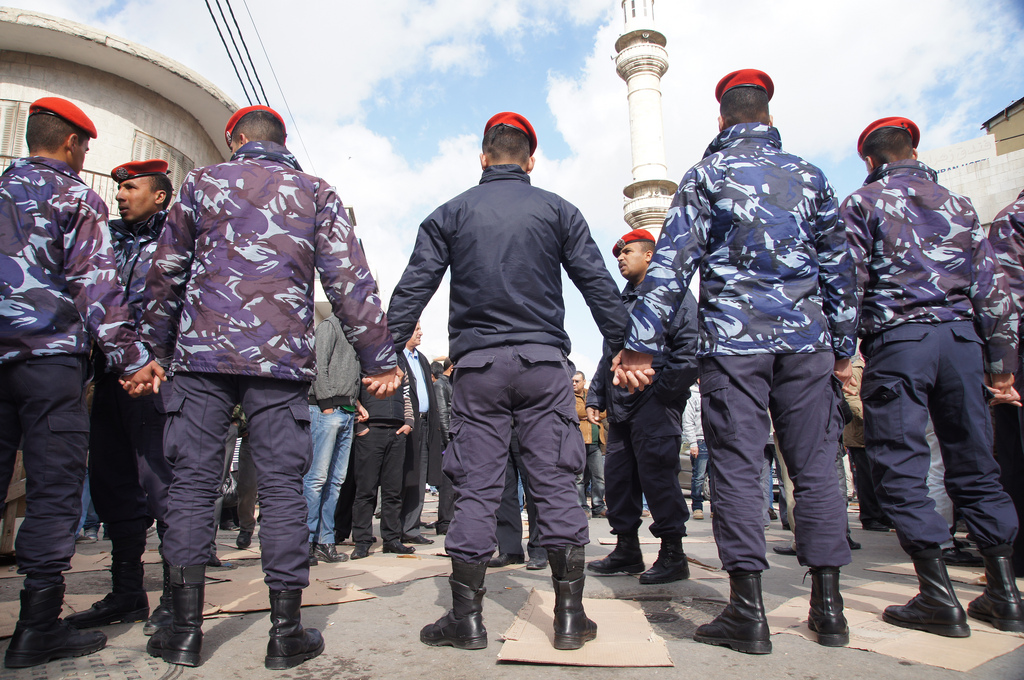
Although Turkey, Egypt, Brazil, and Syria may not at first glance seem to have much in common politically, over the last few months they have been united by a current that has been growing stronger for decades. Most visibly manifested through mass protests, the phenomenon of nonviolent social change is much more than that, proven through the tremendous shockwaves that it has been sending through traditional conceptions of political power. Unfortunately, this trend has not come without a price. In “people-power” movements, those in positions of authority will try to dampen, quell, or even crush rising social tides. Though it manifests in many different ways, oppression is a challenge that activists everywhere in the world must contend with.
Not only must activists formulate ways for their movements to withstand oppression, they must also develop strategies to flip the oppression around and make it work to their advantage. The various movements of the Arab Spring provide a clear example of these two challenges. The young pro-democracy groups of the region have found strength in communication, particularly via social media, and their ability to gather large crowds to their events. However, they struggle to withstand oppression from the government without resorting to violence themselves. Whether in countries like Syria and Bahrain, where a democratic transition has not yet occurred, or in Egypt and Tunisia, where the transition is yet incomplete, this principle of nonviolent discipline may serve to be what ultimately tips the scales in one direction or another.
Fortunately, after some research, and the collective experience of a team of folks who have worked with activists from nearly 50 countries, it became clear that these skills, necessary for dealing with oppression, could be taught. From this realization, a handbook was conceived in order to address a gap in current training materials in nonviolent struggle, and a clear need for nonviolent movements around the world to be more prepared to deal with governmental repression. I wrote this handbook during my second co-op with an organization in Belgrade, Serbia called CANVAS (Center for Applied Nonviolent Action and Strategies), which works to provide grassroots activists from around the world with the tools that they need to be successful. Today, it has been published, translated to Arabic, and distributed on the ground in Jordan and Syria, with positive feedback so far. Additionally, we are currently in the middle of a crowd-sourced fundraising campaign, in cooperation with some partner organizations, in order to translate the book into more languages and further disseminate it.
The advice in the book is designed to be straight-forward, universal, and actionable. It does not include any complex theoretical background, nor does it include a prescriptive recipe for how to counter oppression. As every context is different and the strategies that will work in each will have their own nuances, the text aims rather to present the general principles of what a strategy to deal with oppression might include, and to provide numerous, diverse examples of what these strategies look like in action. The examples included range from Gandhi’s march to the sea, to MLK’s lunch counter sit-ins, to Pussy Riot’s daring performance across from the Kremlin. The language used is simple, and the design includes easily understood charts and illustrations, in order for the book to serve its intended purpose of advising activists, rather being another volume sitting on bookshelves.
I have immense hopes for the democratic future of the world through the power of “people power”. There has been much recent discussion about the role of the West in the democratization efforts happening in other parts of the globe. While I am skeptical about how much good military intervention or other governmental interference would serve, I think that there is real power in the form of transnational solidarity and knowledge transfer. Rather than sharing information in a hierarchical, imposing way, today we can disseminate knowledge of best practices in a grassroots way, which, most importantly, recognizes the interconnectedness of struggles around the world. My hope for this book is that it will serve that purpose and provide courageous people worldwide with the inspiration and practical solutions that they need in their ongoing fight for justice.
If you are interested in learning more about this project, getting a copy of the book, or understanding more about the work that CANVAS does, you can check out the CANVAS website (http://www.canvasopedia.org/) or our Indiegogo page (http://www.indiegogo.com/projects/making-oppression-backfire).
Tori Porell
International Affairs ’14



